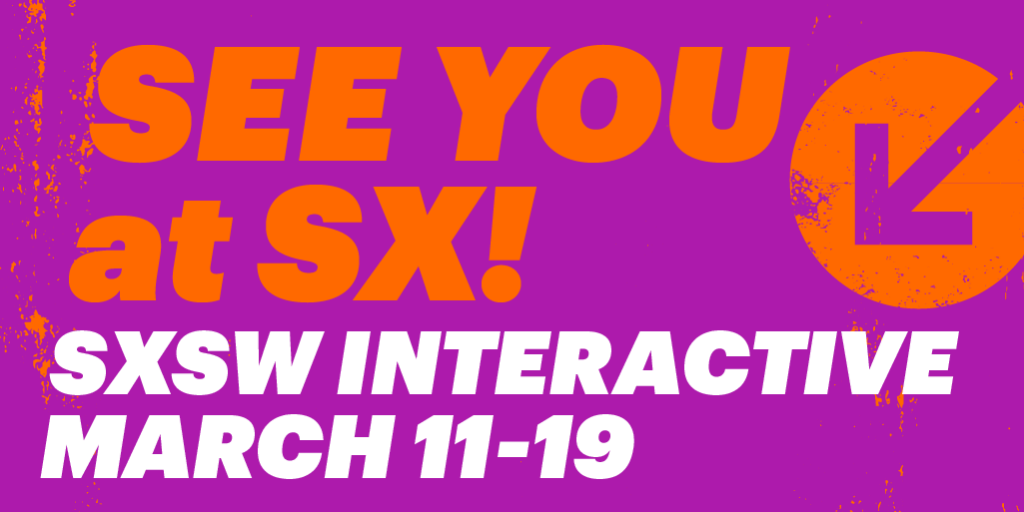New Media Rights joins filmmaker groups asking for copyright reform of Section 1201 of the Digital Millenium Copyright Act
New Media Rights seeks reform of section 1201 Anti-circumvention provisions in Copyright Office study
USPTO/NTIA offer up practical steps to sow the seeds of copyright reform
YouTube's new Fair Use Protection Program
NMR launches law school IP and entrepreneurship clinics list!
New Media Rights attorneys don their fair use Wizard Hats for Whittier’s Distinguished Speaker Series
NMR joins coalition to tell TPP Negotiators to stand up for creator and user safeguards
Pages
Learn about our legal services for: App Developers, Artists & Graphic Designers, Bloggers & Journalists, Clothing Designers, Entrepreneurs, E-commerce Business People & Startups, Filmmakers & YouTube creators, Public Broadcasting producers,Game Developers, Internet users & Smartphone users, Makers, Musicians, Non-Profits, Photographers, Scholars, Researchers, and Writers and Publishers.








